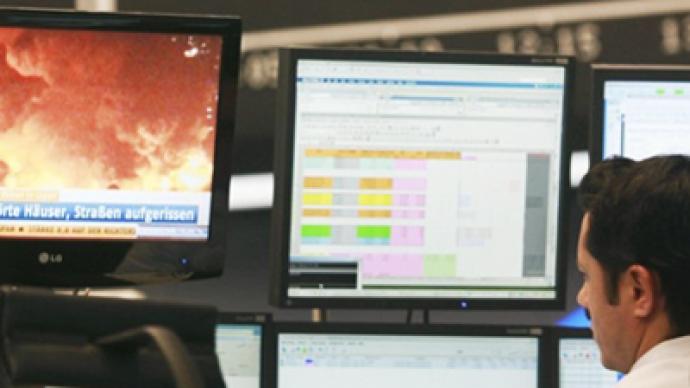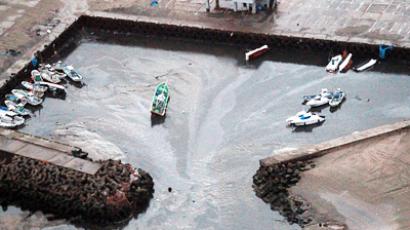No high-accuracy way to predict earthquakes – scientist

Science and research have still been unable to produce technology that can predict earthquakes with at least 90 per cent accuracy, said Yuri Urlichich, head of the Russian Institute of Space Device Engineering.
This is why, Urlichich added, so many research institutes worldwide have been dedicated to the issue. “The entire world community – primarily the scientific and technological communities – is working to have forecasting and warning capabilities,” Urlichich said. “When these cataclysms happen, I mean the ones we are unable to stop today, like earthquakes, hurricanes and other natural calamities,…we can only forecast them with some degree of accuracy and issue a warning to try to minimize the consequences.” However, while a system that predicts earthquakes themselves is still largely unreliable, there is equipment that allows to effectively predict the disaster’s consequences, such as a tsunami. “Unlike hundreds and thousands of years ago, when we were unable to forecast, predict or warn [of such consequences], now we have modern equipment that lets us do that,” said Urlichich. “If we see a wave rise up in the ocean, we can warn coastguard services to take certain measures.”Urlichich emphasized that the financial burden from natural disasters is vast, citing 3-5 per cent of a country’s GDP.
Dr. Michael Weber from the German Research Center for Geosciences says that Japan is still one of the best-prepared countries for earthquakes and tsunamis.“If this would have happened in another country, the death toll up to now at least would not be a thousand, but more like ten thousand or hundred thousands.”Commenting on the possibility of future aftershocks, Dr. Weber said that although smaller tsunamis are possible in the future, he does not expect waves of the same height as there were on March 11. “The worst, as far as earthquakes and tsunamis are concerned, is over. I guess there will be aftershocks. The problem will be that the infrastructure is damaged, so potential for further damage is higher than as if the infrastructure had not been hit already,” said Weber.














